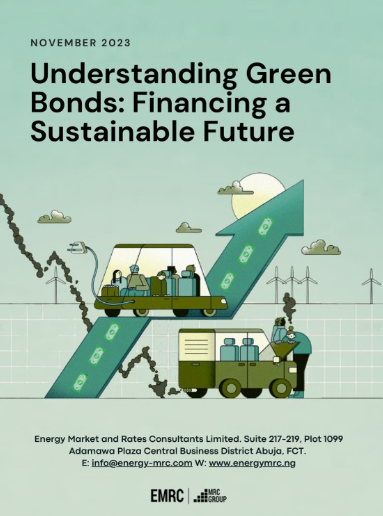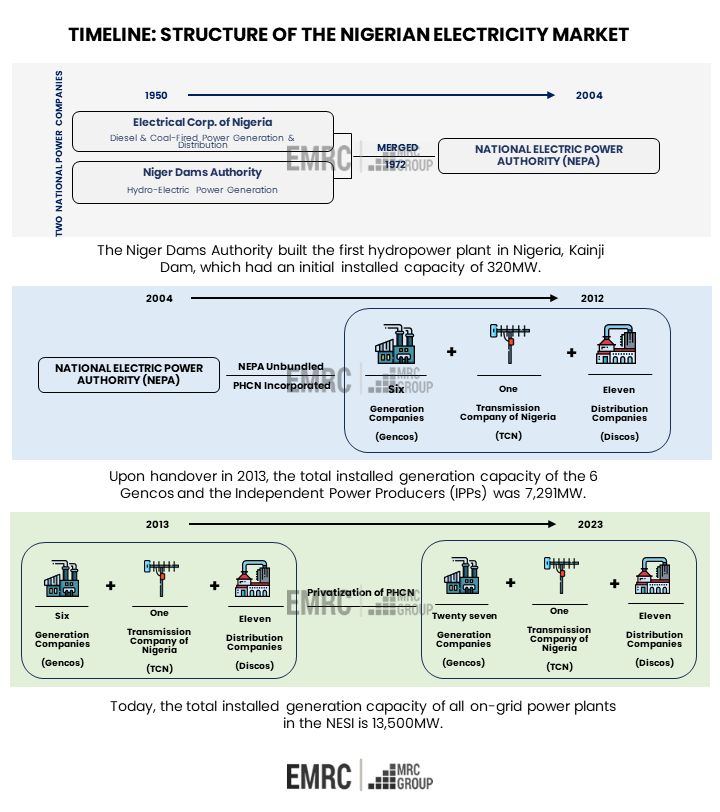
Importance of Decentralised Renewable Energy for Global Electrification

2023 Year in Review
Climate & Renewable Energy
In a world where energy disparities persist, 675 million people lack reliable electricity, with Sub-Saharan Africa bearing the brunt of this crisis. The solution lies in prioritizing rural electrification through innovative means.
Today's post sheds light on the transformative power of Decentralised Renewable Energy (DRE) in addressing the global electricity access deficit.

